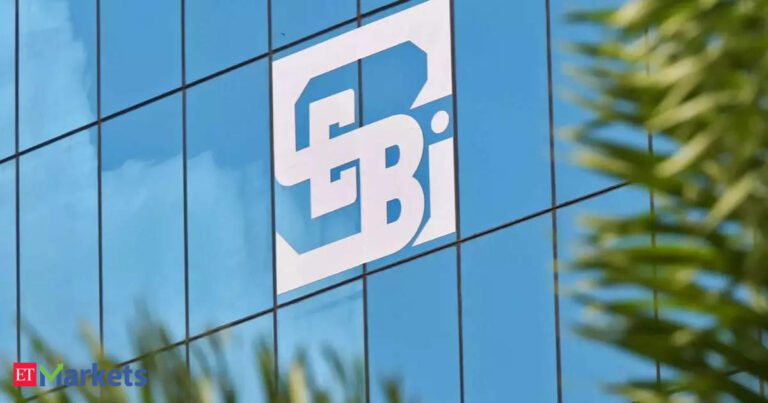1) T+0 settlement
Sebi moved closer to implementing T+0 Regulation as the Board approved launching a beta version of the optional T+0 Regulation for only 25 scrips with a limited set of brokersThe market regulator will continue its consultation with stakeholders on this matter as well as with users of the beta version. It will review the progress made after 3 months and 6 months from the date of this implementation to decide on the next steps.
2) Exemptions from the FPI disclosure obligation
Sebi has exempted FPIs from additional disclosure requirements for holding more than 50% of their assets under management in India in a single group of companies, in case the concentrated holdings of the FPIs are in a listed company without an identified promoter. These FPIs shall not hold more than 50% of their assets under management in India in the group of companies after excluding their holding in the parent company without an identified promoter. The aggregate holdings of all such FPIs (which hold more than 50% of the concentration criteria and are not exempted) in the company without an identified promoter are less than 3% of its total share capital.
3) Disclosure Schedule
From the existing requirement of disclosure to the designated depository participant (DDP) within seven working days in case of material changes, Sebi has amended the requirement by dividing it into two categories – Type I and Type II.
In the Type I case, FPIs will continue to notify their DDP of material changes within seven business days of the change occurring. However, supporting documentation for such changes (if any) will now need to be provided within 30 days of such change.
In Type II, material changes must be reported, together with supporting documentation (if applicable), by the FPIs to their DDP within 30 days of such change.
4) Fundraising for the IPO
For companies filing an IPO application (IPOs) To raise funds, the Sebi board has approved amendments to the SEBI (Issue of Capital and Disclosure Requirements) Regulations, 2018. It will remove the requirement of 1% security deposit during public issue/rights issue of shares.
In addition, promoter group entities and non-individual shareholders holding more than 5% of the share capital after the offer will be allowed to contribute the minimum promoter contribution (MPC) without being identified as a promoter.
5) The increase or decrease in the size of the offer for sale (OFS) requiring fresh filing shall be based on only one of the criteria, namely either the size of the issue in rupees or the number of shares, as specified in the draft offer document.
6) There will be some flexibility in extending the closing date of bids/submissions in the event of force majeure events by at least one day instead of the current requirement of at least three days.
7) Compliance requirements
Market capitalisation-based compliance requirements for listed entities will be determined based on the average market capitalisation of the six months ending December 31, instead of the market capitalisation of a single day (March 31). Sebi has approved an extension of the time limit from 3 to 6 months for filling up senior management vacancies that require approval from statutory authorities.
8) Market rumors
SEBI has approved a uniform approach for verification of market rumours by listed entities, based on discussions with the Industry Standards Forum (ISF) and stakeholders. Promoters, directors, executive officers and senior management will have to provide a timely response to the listed entity to verify market rumours. Unverified events or information reported in print or electronic media will not be considered as ‘generally available information’ under the SEBI (Prohibition of Insider Trading) Regulations, 2015.
9) FIA
In order to strengthen confidence in the AIF ecosystem, the Council approved a proposal to require AIFs, AIF managers and their key management personnel (KMPs) to carry out specific due diligence on their investors and investments, so that AIFs do not facilitate the circumvention of specific regulations administered by financial sector regulators.
10) InvIT
The Board of Directors has approved amendments to the InvIT Regulations to provide a framework for the issuance of subordinated units by privately placed InvITs. The objective of the framework for the issuance of subordinated units is to enable the use of subordinated units to bridge valuation gaps that may arise due to the difference in the valuation of an asset as assessed by the sponsor and the InvIT as the purchaser of the asset.
(Disclaimer: The recommendations, suggestions, views and opinions given by the experts are their own. They do not represent the views of Economic Times)

